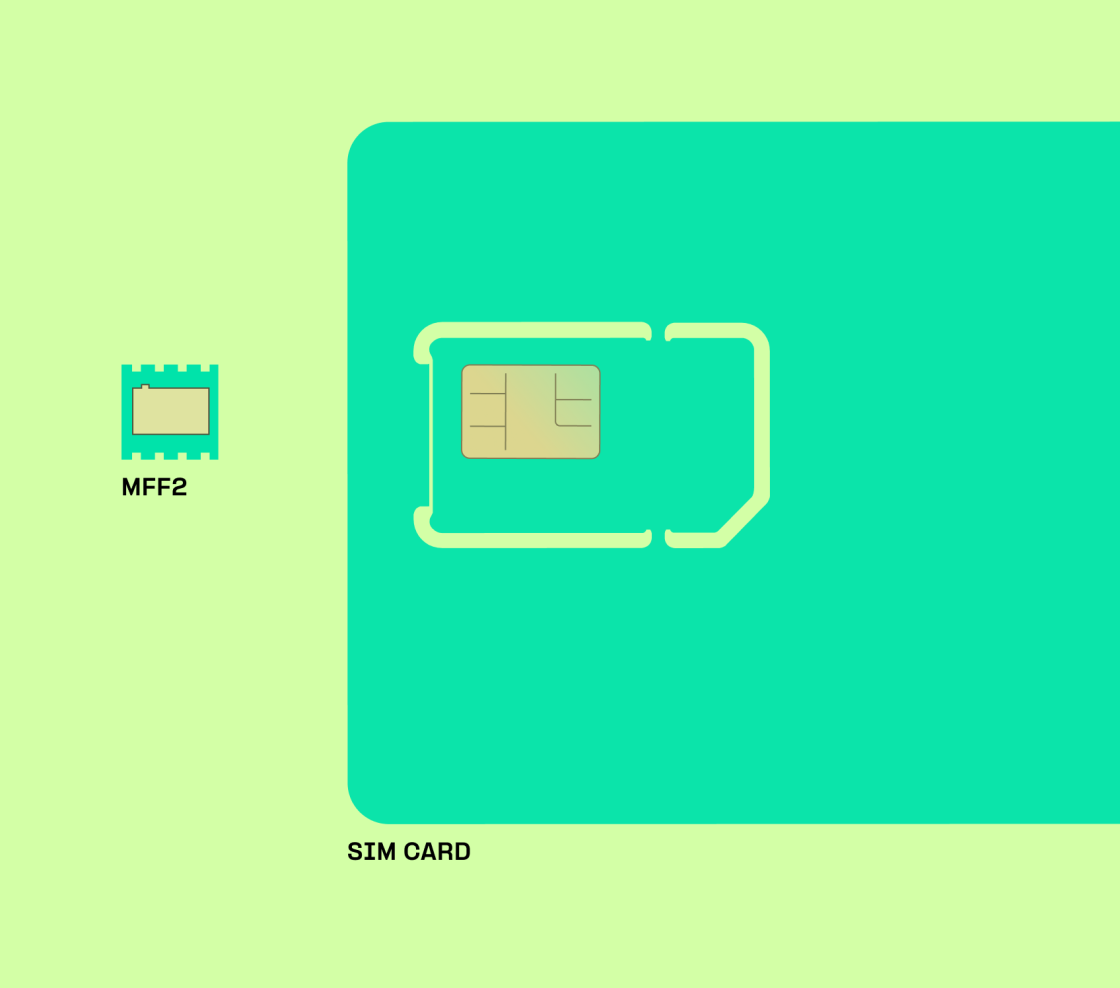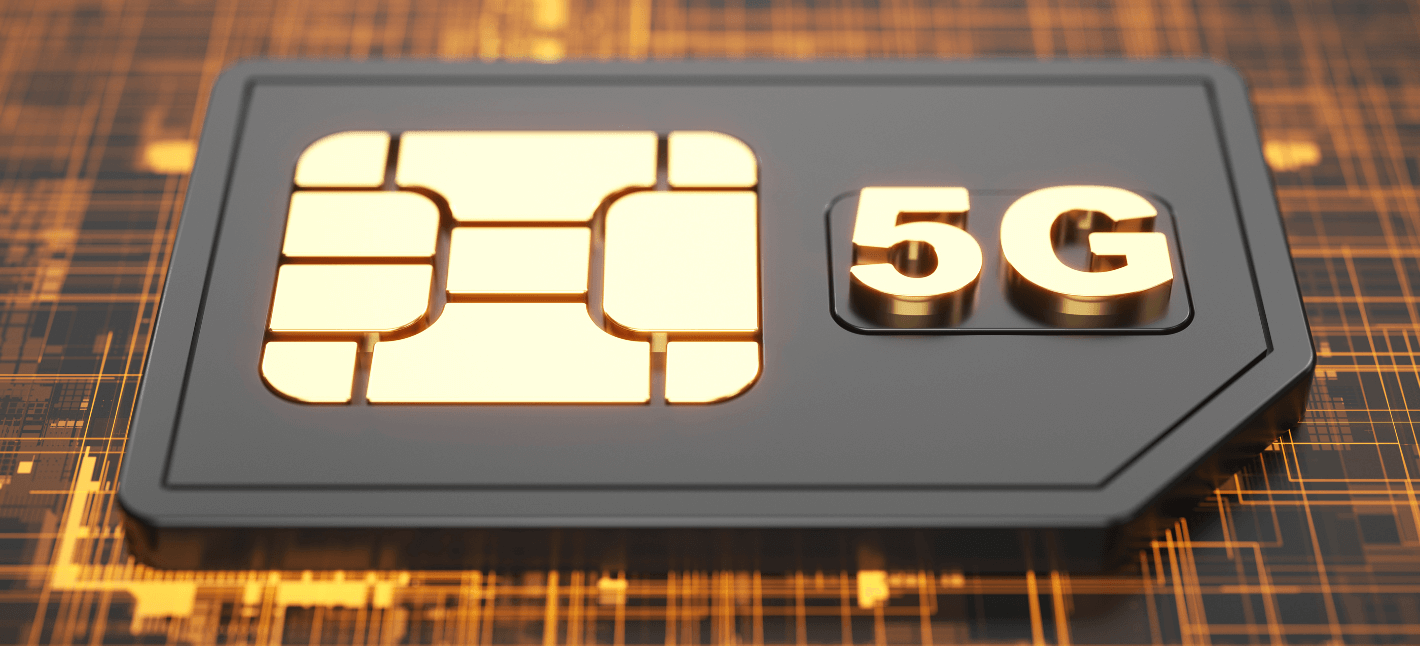Iot Sim Card Providers Smart Connectivity IoT Services
The position of SIM playing cards in IoT connectivity is becoming more and more vital because the world advances in course of a extra interconnected landscape. IoT, or the Internet of Things, refers again to the huge network of units that talk with each other and change data to reinforce performance and efficiency. In this ecosystem, SIM playing cards function an essential component, facilitating wi-fi communication between devices.
SIM playing cards present the mandatory identification that allows IoT units to connect with cellular networks. The distinctive identification numbers programmed into these SIM cards allow gadgets to authenticate their connections with service providers. This is essential because it helps stop unauthorized access and ensures that information transfers happen securely.
Iot Sim Card IoT SIM Cards Fair pricing reliability expert
Different kinds of SIM playing cards are available for IoT purposes. Traditional SIM playing cards, embedded SIMs (eSIM), and removable SIMs all serve different wants within the IoT space. Traditional SIM cards could be inserted into gadgets needing connectivity, while eSIMs are embedded directly into units and are extra adaptable to changes in service providers. The versatility of eSIM technology plays a major role in various IoT functions.

IoT gadgets come in numerous styles and sizes, from smart home appliances to industrial machinery. Each kind of system may have completely different connectivity needs depending on its objective. SIM playing cards can present varied knowledge plans tailor-made for particular use cases, optimizing communication primarily based on bandwidth necessities, information utilization, and other factors. This flexibility is instrumental in enhancing the overall performance of an IoT ecosystem.
Prepaid Iot Sim Card The Evolution of SIM Cards IoT Devices
Another side of the SIM card's role in IoT connectivity is the ability to track and handle gadgets remotely. Mobile community operators provide platforms that enable users to watch their IoT units in real-time. This capability is especially important in industries similar to logistics and transportation, where understanding the precise location of property can lead to better operational efficiency and cost savings.
As IoT devices proliferate, managing connectivity becomes more complex. Here, the position of SIM cards extends to enabling centralized management solutions that help administer a quantity of devices simultaneously. This is particularly advantageous for enterprises operating large fleets of connected devices, which can track performance and connectivity more effectively via a single management interface.
What Is An Iot Sim Card Why not use consumer SIMs IoT projects
A primary concern in the Internet of Things is security. With millions of devices related to the internet, making certain the integrity and confidentiality of knowledge is paramount. SIM cards contribute to this security architecture by offering encryption capabilities that safeguard delicate data. The cryptographic keys embedded inside SIM cards assist safe communications between gadgets, making it tough for unauthorized entities to intercept or manipulate information exchanges.
Moreover, the position of SIM playing cards is evolving as know-how develops. The introduction of Narrowband IoT (NB-IoT) and Long Range Wide Area Networks (LoRaWAN) has opened new avenues for connectivity, notably for low-power and long-range purposes. SIM cards designed for these specific technologies enable devices to function effectively over lengthy distances while consuming minimal power. This is especially relevant for remote monitoring and management methods, where replacing batteries can be costly and challenging.
While SIM cards have made strides in enhancing IoT connectivity, they also face challenges. For occasion, compatibility points arise when integrating numerous units across different networks. The introduction of standards and regulations geared toward harmonizing IoT providers is an ongoing effort, but the pace of innovation often outstrips these measures. Iot Sim Card India. Adapting SIM cards to fulfill numerous necessities is important for guaranteeing a seamless experience within the burgeoning IoT landscape.
Iot Sim copyright IoT SIM Card M2M Devices

The impression of 5G expertise can be reshaping how SIM cards operate within IoT connectivity. With considerably improved speeds and reduced latency, 5G presents capabilities that redefine IoT purposes, starting from smart cities to autonomous automobiles. SIM cards designed particularly for 5G networks might be crucial in leveraging the full potential of those next-generation capabilities.
In various sectors, including agriculture, healthcare, and smart cities, the function of SIM cards becomes more and more critical. In agriculture, as an example, sensors connected through SIM cards can monitor soil circumstances, enabling farmers to make informed choices about irrigation and fertilization. Similarly, in healthcare, remote patient monitoring gadgets utilize SIM playing cards to transmit vital health knowledge to healthcare providers, enhancing patient care.
The rising reliance on cloud services in IoT functions often necessitates strong information transfer solutions. SIM playing cards facilitate these connections, enabling gadgets to send and obtain data from cloud platforms effectively. This capability not solely enhances the functionality of IoT solutions but in addition improves the flexibility to analyze information for better decision-making.
As connectivity evolves, the importance of SIM cards in sustaining a robust ecosystem cannot be overstated. Their position in figuring out, securing, and managing devices is central to ensuring seamless communication inside the IoT panorama. Whether it's through traditional SIM cards or newer technologies like eSIMs, their significance will solely continue to grow in an more and more linked world.
Iot Device With Sim Card IoT M2M SIM Cards Data Plans
The integration of synthetic intelligence and machine learning into IoT options signifies one more evolution in connectivity. SIM playing cards that can handle enhanced information processing capabilities will be essential for the smart decision-making processes read enabled by these technologies. Collectively, these developments will result in extra intelligent methods able to adapting to altering circumstances autonomously.
In conclusion, the position of SIM playing cards in IoT connectivity is multifaceted and important for the growth and sustainability of an interconnected world. By ensuring secure identification, facilitating remote administration, and adapting to new technologies, they play a important half within the evolution of IoT applications across various sectors. As know-how advances, the importance of SIM playing cards will solely intensify, driving additional improvements and enhancements in connectivity methods.

- SIM playing cards present a safe and unique identifier for IoT devices, enabling trusted communication within networks.
- They facilitate seamless connectivity in numerous environments, from urban areas to distant areas, enhancing the reliability of IoT functions.
- With the arrival of Embedded SIM (eSIM) know-how, IoT gadgets can swap carriers easily, improving network adaptability and reducing downtime.
- SIM cards contribute to data encryption, guaranteeing that the data transmitted between gadgets and networks stays safe in opposition to unauthorized entry.
- They enable over-the-air updates, allowing manufacturers to push firmware upgrades directly to IoT devices without physical entry.
- By integrating subscription administration, SIM playing cards assist in sustaining and monitoring information plans, optimizing prices for companies deploying giant IoT networks.
- SIM cards enhance device tracking capabilities, making them crucial for logistics and asset administration in varied industries.
- They assist multi-network connectivity, which boosts redundancy and reduces the chance of communication failures in crucial purposes.
- The role of SIM cards in network slicing permits for tailor-made connectivity options, guaranteeing that totally different IoT functions obtain the appropriate bandwidth and latency.
- SIM cards are pivotal in facilitating device provisioning and administration, streamlining the deployment course of for large-scale IoT implementations.undefinedWhat is a SIM card and why is it important for IoT?
Hologram Iot Sim Card IoT SIM Cards Introductory Guide
A SIM card is a small chip that enables devices to connect to mobile networks. In IoT, it provides secure communication and permits gadgets to ship and receive data, making them accessible and manageable remotely.
How do SIM cards improve information security in IoT devices?
SIM cards utilize encryption and authentication protocols that guarantee safe communication between the system and the network, protecting in opposition to unauthorized entry and information breaches.
What kinds of SIM cards are utilized in IoT applications?
Sim Card For Iot IoT SIM Cards Available Anyone
IoT applications often use specialized SIM playing cards, corresponding to M2M SIMs and eSIMs, designed for numerous environments and providing enhanced durability, remote management, and suppleness in connectivity options.
Can IoT devices operate with out SIM cards?
M2m Iot Sim Card IoT SIM vs Normal SIM
While it's possible for IoT devices to attach via Wi-Fi or different wi-fi technologies, SIM cards are crucial for mobile connectivity and are essential for units that require extensive coverage and roaming capabilities.
What is the difference between conventional SIMs and eSIMs in IoT?
Traditional SIM playing cards are physical devices inserted into gadgets, whereas eSIMs are embedded chips that might be programmed remotely, offering greater flexibility for gadget manufacturers in managing connectivity without hardware adjustments.
How do SIM playing cards contribute to value management in IoT deployments?
Iot Board With Sim Card Everything about IoT SIMs
SIM cards enable optimal connectivity options, permitting businesses to select acceptable information plans and manage data utilization effectively, helping to reduce operational prices related to knowledge transmission (4g Iot Sim Card).
What are the challenges related to using SIM playing cards in IoT?
Challenges can embody managing multiple SIM playing cards for varied units, Check Out Your URL guaranteeing compatibility, addressing network protection points, and dealing with potential fraud or safety vulnerabilities in cell communication.
How can businesses select the proper SIM card for their IoT needs?
Vodacom Iot Sim Card Global IoT SIM Card
Selecting the best SIM involves considering elements like community protection, data usage, system compatibility, long-term scalability, and safety features. Consulting with service suppliers can help align choices with operational needs.
What role do SIM cards play in future IoT innovations?
SIM playing cards are important for enabling next-generation IoT improvements, as they facilitate seamless connectivity, drive automation, and improve device management capabilities, thus supporting more advanced purposes like smart cities and remote healthcare.